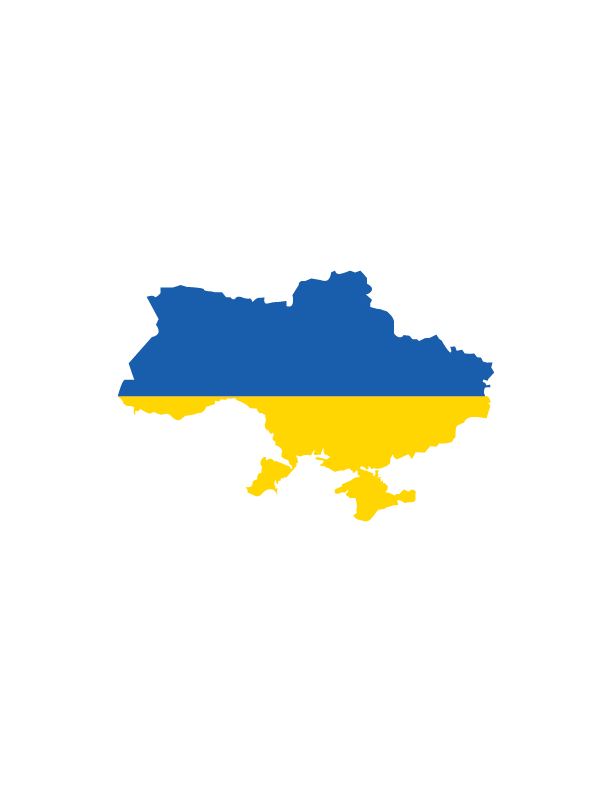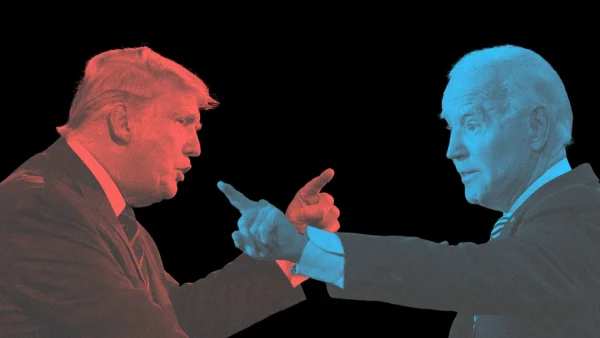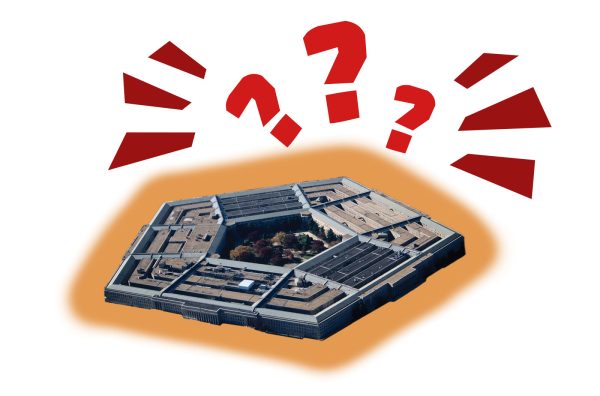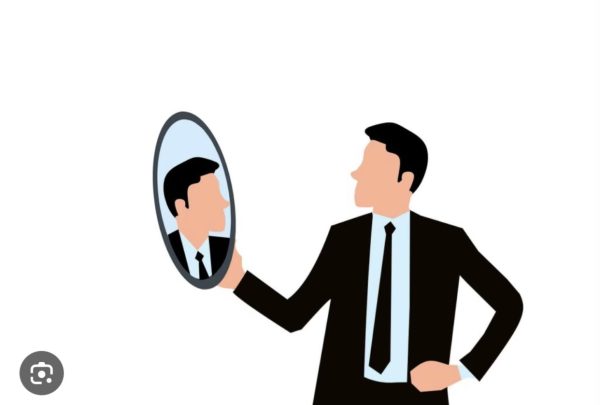Exploring the Perspective of a Ukrainian Student
The Prime Minister of the UK Winston Churchill stated through a radio broadcast: “I cannot forecast to you the action of Russia. It is a riddle wrapped inside a mystery inside an enigma.” Though decades ago, the quote remains highly relevant to modern society.
I cannot remember a day in the past months when I read the news and did not find several articles on the Russo-Ukrainian war. Horrific images and videos have surfaced with detailed violations of human life against the citizens of Ukraine by the Russian military. An article posted on CNN described how Russia had been using kamikaze drones to target the Ukrainian city of Zaporizhzhya. Every day, Putin’s army attempts to find ways to suppress Ukrainian autonomy through the senseless killing of civilians. Beginning with the Russian invasion of Crimea 2014, the Russo-Ukrainian conflict continued to escalate. With heightened military buildup around the country, it was clear that this was not the humanitarian convoy that Russia once claimed the direct invasion to be.
Given that this is currently one of the most widely discussed issues in the world, I felt highly unsure of how to approach this topic. The war has seen thousands upon thousands of deaths as Ukrainians fight valiantly to stay out of Russian control. Subsequently, I have been lucky to meet a first-year student at Saint Louis University named Wyatt Thompson. Thompson moved from Ukraine to the U.S. in 2017. Though the topic of his home country’s invasion was, and is undoubtedly a complicated topic to discuss, he was gracious enough to let me interview him.
Q: “What was the moving process from Ukraine like?”
Thompson: “It was difficult because the culture is different so the language barrier.”
Q: “Did you speak English before you came here?”
Thompson: “Uh, no, no, no, that was probably the main aspect of why it was hard because I couldn’t communicate with people.”
Q: “When did you move from Ukraine?”
Thompson: “5 years ago, yes. So, socially it was really hard because I couldn’t do anything outside of school and in school, too. I couldn’t find friends, I couldn’t do anything.”
Q: “How does it feel that pretty much everyone has an opinion on the war currently happening?”
Thompson: “I think it’s a little bit selfish because we had this war for 8 years and just now everyone’s finally recognized that there is actually a war going on so I’d say it’s selfish.”
Q: “What is something you wish that more people knew about Ukraine.”
Thompson: “That we are independent, we are not dependent on anyone like Russia, or NATO, or anyone. We are our own country, regardless of what they may think.”
Q: “What is something, if there is anything, that you wish was less known or less talked about.”
Thompson: “About Ukraine?”
Q: “Yeah.”
Thompson: “Probably nothing because it is important to know this, so probably nothing, no.”
Q: “What is one of your most memorable experiences from when you lived in Ukraine? It could be a good memory, a bad memory…”
Thompson: Um…let’s skip that.
Q: “Do you believe that the war will come to an end anytime soon?”
Thompson: “I hope it will. I hope it will get resolved as soon as possible.”
Q: “Do you think it will be peaceful?”
Thompson: “No not with the current President (referring to Putin) of Russia.”
Even hours after I talked with Thompson, what he told me still repeated in my mind. Though we all might possess varied ideas on how we believed that the Russo-Ukrainian war is playing out, what factors are affecting it, and what the level of damage is, we mustn’t disregard those who have found themselves in the midst of it. To say we care and then shout over the most credible voices shows a lack of respect for immigrants and survivors everywhere. As the war continues to rage on the other side of the Atlantic, it is essential to heed the advice of Wyatt: to not be selfish. Unfortunately, there is no way to predict the fate of Ukraine. It is, however, in our best interest to uplift the voices of those who have fallen victim to the atrocities of the war to ensure empathy, awareness, and compassion.
Your donation will support the student journalists of Saint Louis University. Your contribution will help us cover our annual website hosting costs.










